Rolling Tennessee hills to remain a part of the landscape
Photography by Nancy Rhoda
Nashville cattle farmer Karen Guy used to lie awake at night worrying about what would happen to her land, Hunter’s Hill Farm, after she was gone. A working farm today, it was once a working plantation owned by Andrew Jackson — so she knew it was incredibly special, not just to her but to all Tennesseans.
Guy is the great-great-great-great-great granddaughter of Jackson, and the land is across Shute Lane from Jackson’s Hermitage farmland. Hunter’s Hill Farm was part of an original 640 acres that Jackson bought in 1796, and records show that Jackson and his wife, Rachel, lived there from 1797 to 1804.
“At that time he got in financial difficulties,” Guy says. “This property, being on the main channel of the Cumberland River, was more valuable than the Hermitage property, so he sold this and moved there.”
Jackson bought the land back, along with 210 additional acres, in the early 1830s, and he later sold the land to Eliza Butler Donelson, a relative of Rachel Jackson’s, in the early 1840s. Guy’s family has been farming the land since the late 1800s.
Guy considered herself only a steward of the historic land, so she began to pursue options on preserving it — becoming educated on how a conservation easement works. She thought about it seriously for a year, and after many sleepless nights she chose to enter into a voluntary agreement with The Land Trust for Tennessee in 2007. The easement agreement forever protects 147 acres of her land from large-scale development.
“I could’ve sold it and been a millionaire ten times over because of the location, but that isn’t what I wanted,” Guy says. “I know every rock and tree on this place, and I love it. We just can’t have houses on every square inch.”
Liz McLaurin, president and CEO of The Land Trust, says the main reason people enter into an easement instead of cashing in on residential or commercial development is simple — pure love for the land.
“They recognize that their place is special,” McLaurin says. “They love it, and they want future generations to be able to enjoy it as they do. We’re able to promise those landowners… that we will do that.”
Typically private landowners donate their development rights to The Land Trust, who then extinguish those rights. The landowners can live on and work the land like Guy does, or even sell it. But the conservation easement remains in place, running with the deed of the property forever.
“We might be working with a municipality on a plan,” McLaurin says. “We might be working with a landowner who’s considering donating land to a public entity. Or we might be working on a tiny little historic garden in a historic town. We might be working on a massive 400-acre farm in the middle of a town that nobody even knows about.”
The Land Trust for Tennessee is a nonprofit that was founded in 1999 by then-Nashville mayor Phil Bredesen and a group of open-space proponents who were driven to protect public and private land for all Tennesseans now and for generations to come. Their work focuses on historic land, working farms, scenic landscapes, water protection, wildlife protection and urban open space.
“It is an absolute privilege to work with these people because they see the world beyond themselves,” McLaurin says. “Across the board it’s people who have completely different life experiences. They live in rural communities. They live in urban settings. Some of them are CEOs. Some of them are farmers. But they all share this understanding that we are only here for a short time, and the land will always be here.”
And while Guy works the land with her 50 or so cows she can rest easy every knight now knowing that whatever happens to her there will always be this farmland for generations to enjoy.
“It’ll always be raw land like it is now, which is what I wanted,” Guy says. “People need to be able to see things like this because soon it’s not going to be much around.”
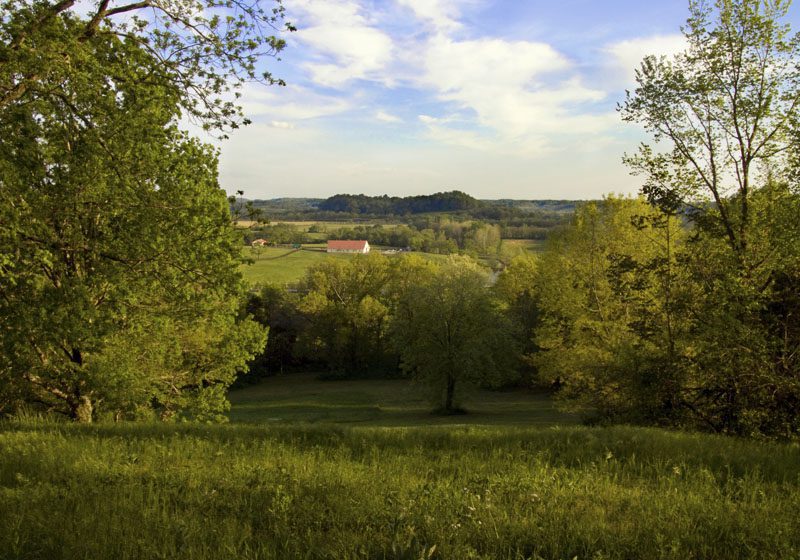
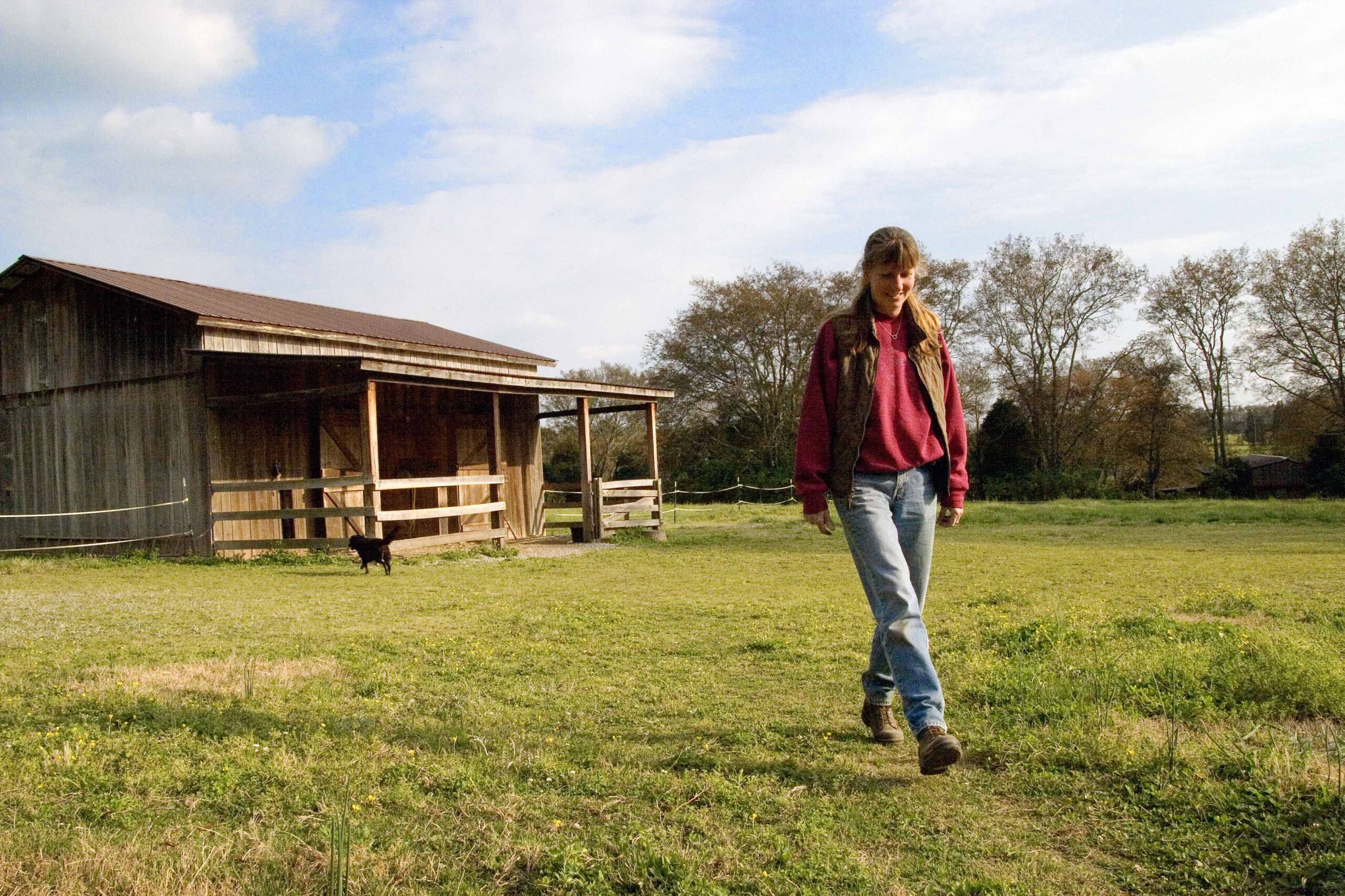
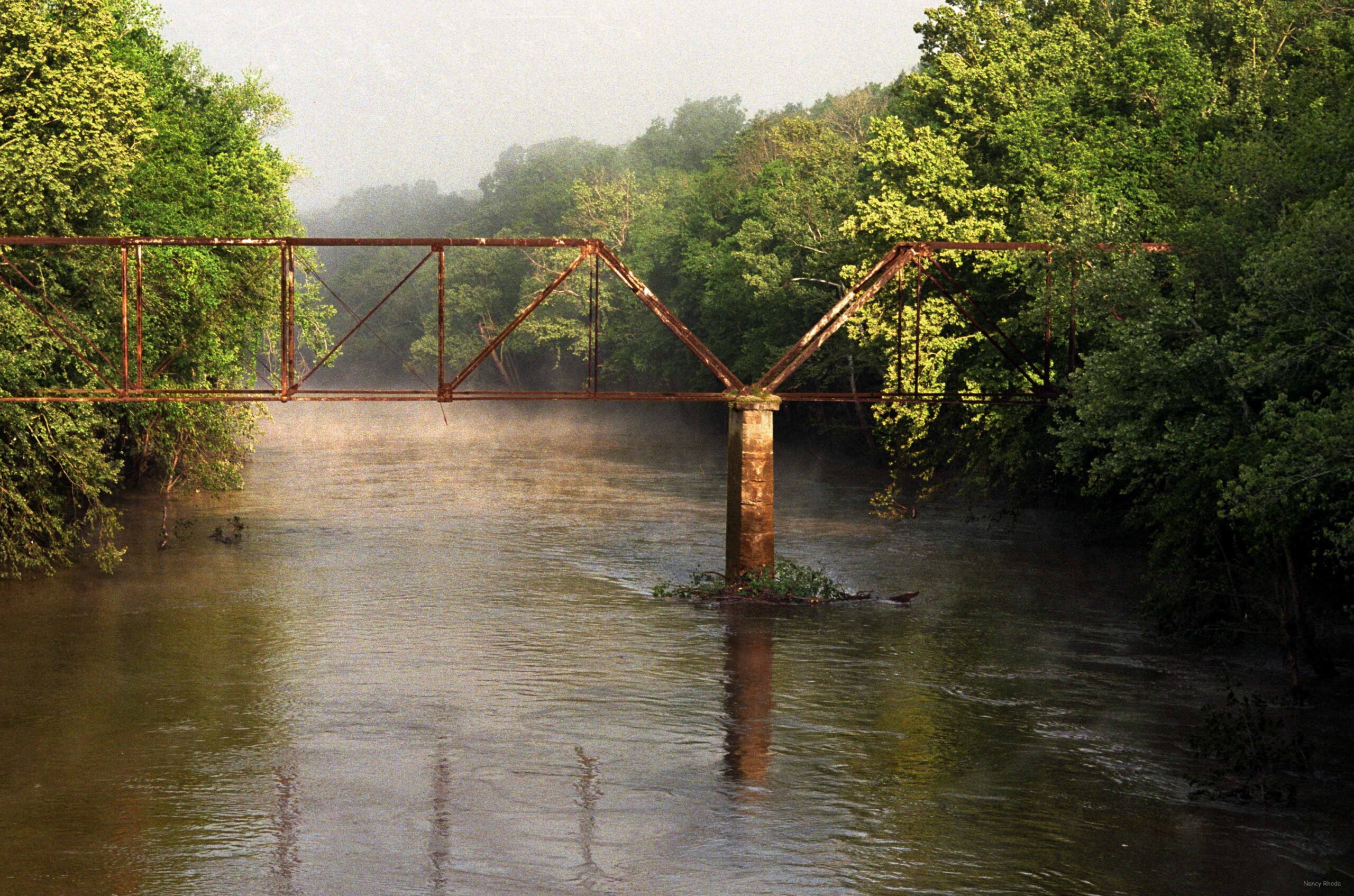
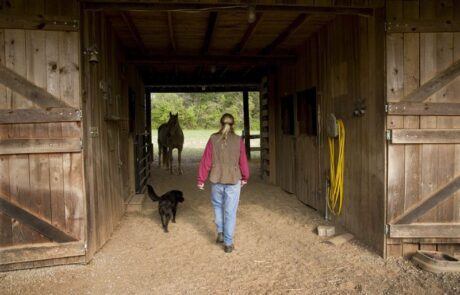
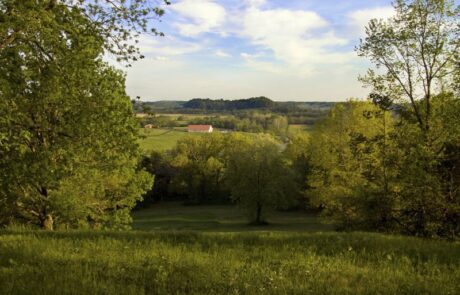
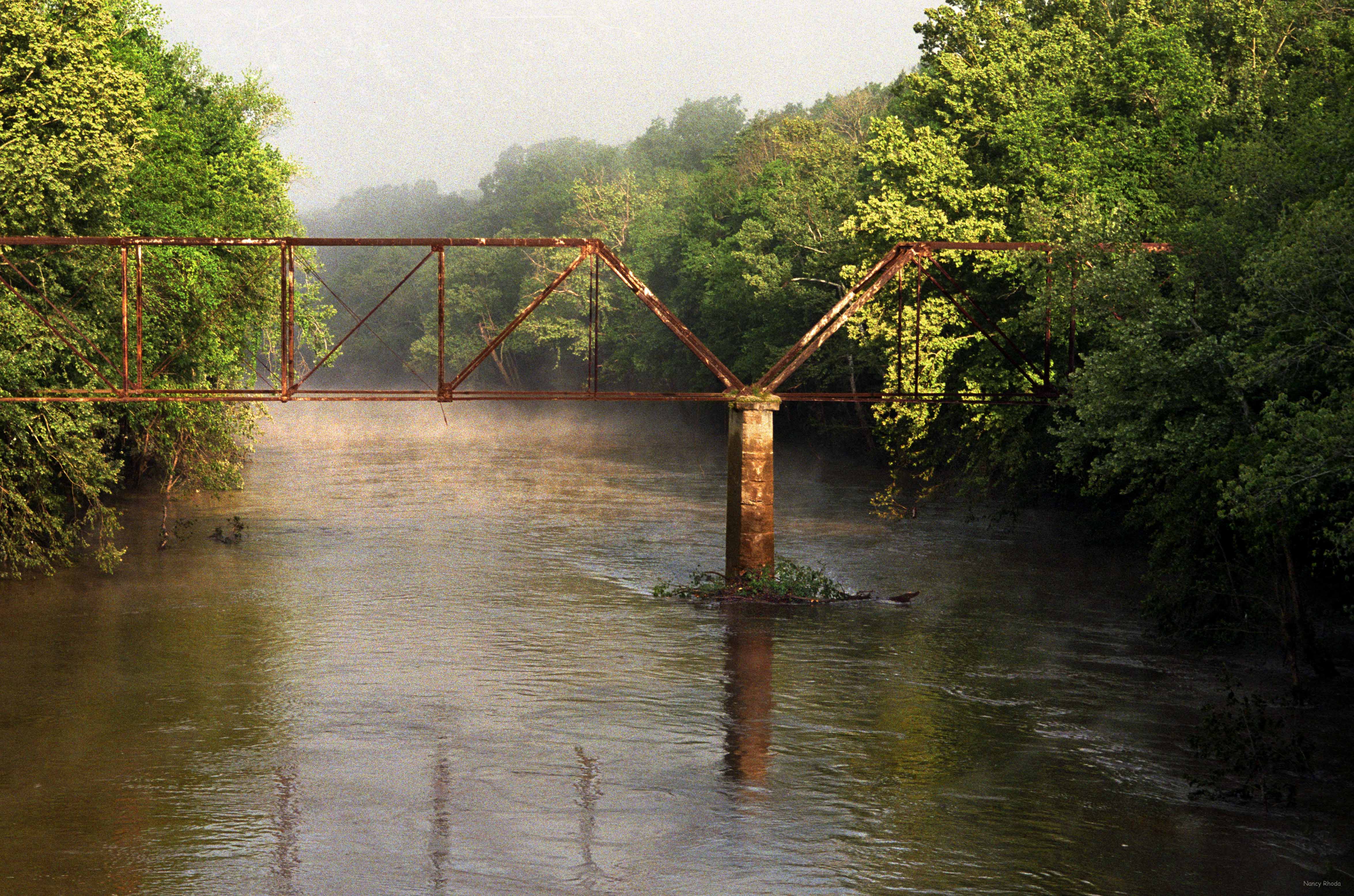
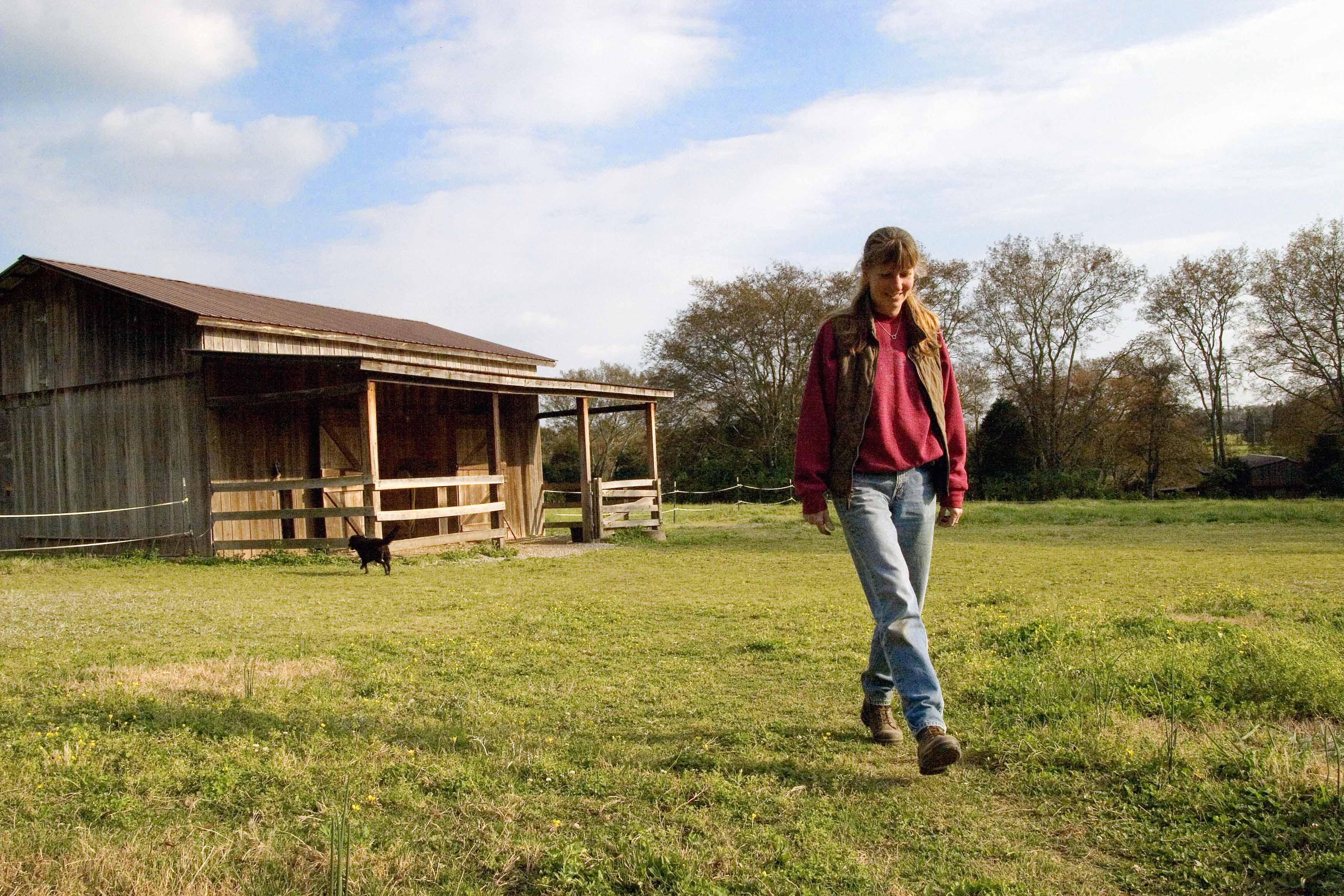
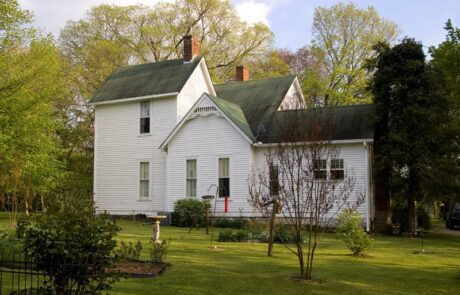
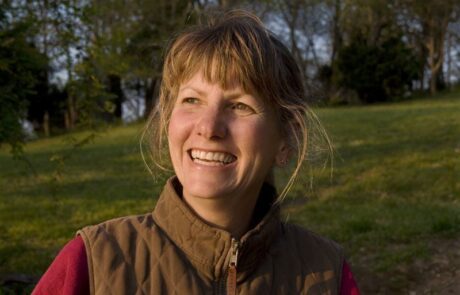
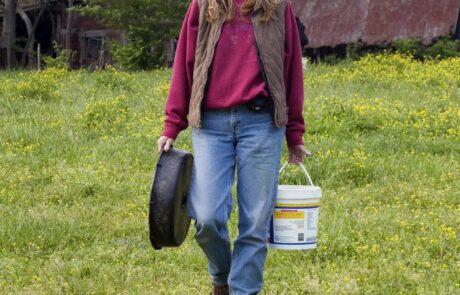





Leave A Comment
You must be logged in to post a comment.